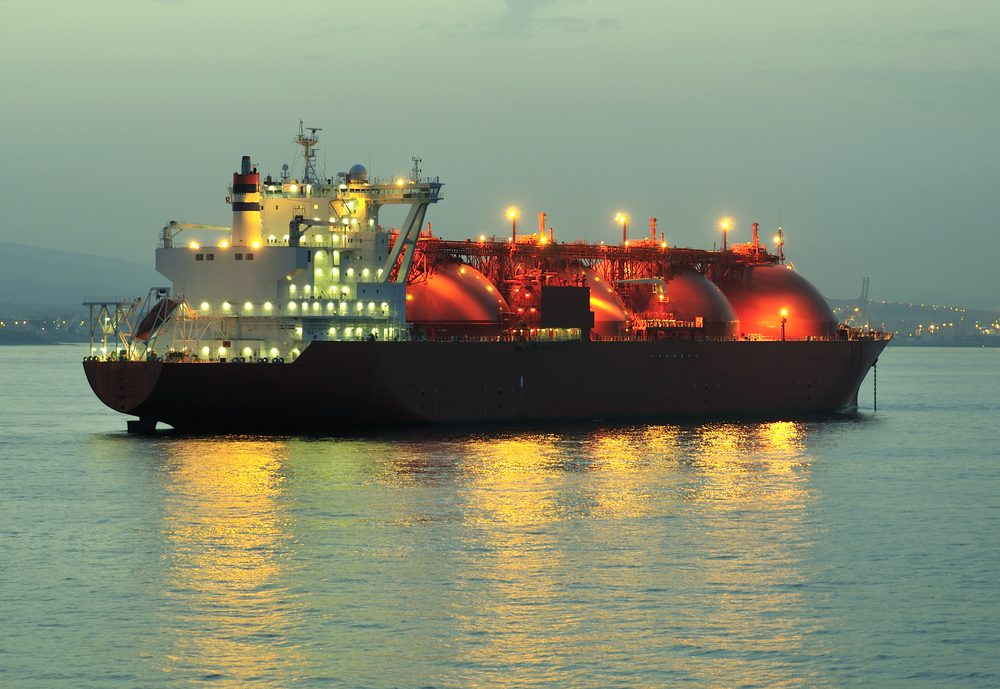By Oleksandr Kalinichenko / Shutterstock
 May 3 (Reuters) – Venture Global’s Plaquemines liquefied natural gas (LNG) export terminal in Louisiana took a step toward receiving federal approval for construction on Friday after U.S. energy regulators issued a final environmental report.
May 3 (Reuters) – Venture Global’s Plaquemines liquefied natural gas (LNG) export terminal in Louisiana took a step toward receiving federal approval for construction on Friday after U.S. energy regulators issued a final environmental report.
In the report, known as an environmental impact statement, staff at the Federal Energy Regulatory Commission (FERC) concluded that construction and operation of the project would result in some adverse environmental impacts, but those would be reduced to less-than-significant levels with mitigation.
Venture Global said on its website that it expects to receive that FERC decision in August and authorization from the U.S. Department of Energy allowing it to export LNG to non-Free Trade Agreement (FTA) countries in late 2019.
That will allow the company to make a final investment decision and start construction in late 2019 with first LNG expected in late 2022.
Plaquemines is one of more than three dozen LNG export projects under development in the United States, Canada and Mexico. Analysts have said that they expect only a handful of those facilities to get built over the next five years or so.
The company is developing Plaquemines to produce about 20 million tonnes per annum (MTPA) of LNG, equal to about 2.7 billion cubic feet per day (bcfd) of natural gas. One billion cubic feet is enough gas to fuel about 5 million U.S. homes for a day.
Venture Global has two other LNG export projects in Louisiana. It has already made a final investment decision to build its 10-MTPA Calcasieu Pass facility, which it expects to enter service in 2022, and is developing the 24-MTPA Delta project, slated to start up in 2023.
The company said its liquefaction systems will use technology from General Electric Co’s Baker Hughes unit.
Venture Global said companies looking to buy gas from its facilities include units of Royal Dutch Shell Plc, Edison SpA, Galp Energia SGPS SA, BP Plc , Repsol SA and Polish Oil and Gas Co (PGNiG) .
Just looking at the projects currently under construction, U.S. LNG export capacity is expected to rise to 7.4 bcfd by the end of 2019 and 10.0 bcfd by the end of 2020 from 5.2 bcfd now.
Since shipping out the first LNG cargo from the Lower 48 in 2016, the United States become the third biggest LNG exporter in the world by capacity by the end of 2018. (Reporting by Scott DiSavino Editing by Marguerita Choy)
(c) Copyright Thomson Reuters 2019.

 Join The Club
Join The Club











